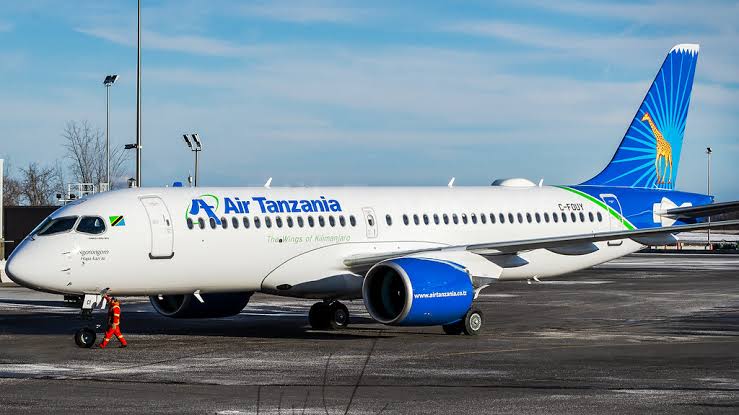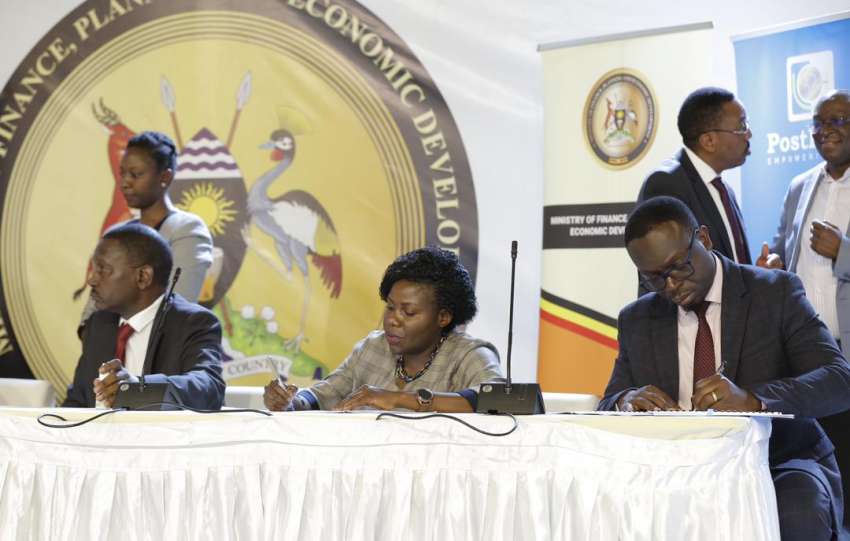Since spring, COVID-19 has overwhelmed businesses of every kind around the world and taken a stranglehold of the travel industry, causing mass restrictions and disruptions.
There have, however, been encouraging developments in recent weeks, as the UAE began issuing entry visas again, and Saudi Arabia allowing expatriates and stranded nationals to return to the country from mid-September. Saudi Arabia confirmed that it also plans to resume issuing tourism visas from 2021. Both countries have opted not to enforce automatic quarantines on arrivals, but to insist on negative PCR test certificates instead.
While there may be questions surrounding its future, at least in the short and medium terms, the gradual resumption of business travel is starting, and for some organisations, it’s already here. Now is the time for companies to re-evaluate their strategy for managing business travel risks.
Here are seven key factors for regional businesses to address, answering crucial questions to evaluate the best way to mitigate risk now and in the future:
A Moving Threshold for Essential Travel
In the past, responsibility to determine which trips were deemed essential travel usually fell to department heads and travel managers; and now, the C-Suite is involved. With the complexities resulting from COVID-19, it’s even more difficult for internal stakeholders to understand all aspects of an ever-changing situation and make this decision. A company must consider not only the business case and various cost trade-offs, but also the constantly changing landscape of COVID-19 safety risks, travel restrictions and border closures. This moving threshold for essential travel necessitates multiple approval points and multiple layers of risk assessment; transforming the question of essential travel from a permission-seeking process, into one where individual traveller needs and wellbeing are central.
Individual-based Risk Assessments
COVID-19 serves as an important reminder that travel risk is not the same for every individual. Now, in addition to destination risk, businesses must recognise the importance of individual risk profiles before authorising travel. Individual risk may be evaluated based on pre-existing physical conditions such as asthma or diabetes, but mental health needs will also play a role. Consider for example how bringing spouses and children on expatriate assignments is now more difficult or even impossible amidst the pandemic, meaning that assignees are without the support of their family unit. Companies should tailor support to match these kinds of individual needs, whether that means counselling services or other tools to support on their assignment. At the same time, as an additional challenge, businesses must understand their employees’ health risk profile without violating workplace privacy law; explaining why many turn to an independent medical assistance provider.
Robust Scenario Planning
Companies with employees who travel have always needed emergency response plans, but as a consequence of the COVID-19 pandemic, scenario planning will need to be far more robust and detailed. Contingency plans must be in place to accommodate unexpected closures of airspace or borders, and on-the-ground support and evacuation must be ready to go, no matter the scenario, if a situation does change suddenly. Indeed, with the strong potential for situations to shift without warning, businesses can no longer simply look at key data at the moment of travel authorisation. Instead, they will need a means to continually track the situation; managing large amounts of intelligence to understand what’s happening at any given moment, and with absolute clarity on roles and responsibilities to ensure nothing falls through the cracks.
Safety at Every Touchpoint
The COVID-19 pandemic has revealed the need for intelligence across the entire supply chain of the journey. Safety risks are not unique to the travel destination alone. Instead, travellers need to know that they are protected at every step – from airline, to taxi service, to hotel and beyond. Companies must demonstrate that they are reviewing the safety of all these touchpoints and doing so continuously, including the collection of post-trip feedback. After all, if a hotel is approved based on its world-class hygiene standards, but ground transportation puts the employee in dangerously close quarters with other passengers, then the travel risk hasn’t been properly managed. All decisions must stand up to scrutiny and businesses should be prepared to evidence why they’ve made each and every decision.
Outsourcing Travel Risk Management to the Experts
As the management of corporate travel becomes ever more complex in light of the COVID-19 outbreak, in-house travel managers and security directors are asking for more resources and support. Many of these personnel don’t have experience dealing with complex medical scenarios – and certainly not with an unprecedented global pandemic. We can therefore expect to see more and more businesses outsource to a TRM provider that in addition to security, also has in-house medical expertise to support corporate travel needs in a comprehensive way, or take on one or two critical elements. The right external partner can offer a modular approach, delivering a solution that’s tailored rather than one-size-fits-all.
A “Carrot” Approach to Compliance
Compliance has long been a key challenge for travel risk management policies. When employees don’t book in-channel, it’s much tougher to communicate contingency plans, check up on traveler wellbeing, and ensure safety and security if something goes wrong. With COVID-19, the need for compliance will be even more critical, but luckily, employees are likewise more tuned in to the importance of keeping safe on the road. Taking a “carrot” rather than a “stick” approach can be particularly useful – encouraging travelling employees to book in-channel by offering associated travel benefits. Premium lounge access, for example, is now even more in demand as lounges offer a well-maintained space to relax away from the crowds. A travel policy that provides premium lounge access will not only encourage compliance, but also help travellers feel safe and looked after throughout their journey
Communications
A survey conducted by Collinson prior to the COVID-19 outbreak revealed that while half of business travellers said their employer had invested in medical and security assistance to support them, 51% of those weren’t sure what it means or offers. Now is a critical time to communicate to employees what the company’s travel policy consists of, what assistance is available, what’s been updated as a result of COVID-19, and the value it brings. Businesses must demonstrate their commitment to duty of care, while also instilling confidence in employees about safe travelling for business in the future. Across the board, communication will be critical to show how the company is doing things in the right way.
Companies that get a head start on implementing the right travel risk management strategy will be best positioned to enable the safe and confident restart of business travel. This will give them an advantage over the competition, and provide a boost to the broader travel sector recovery.
About Guide2Uganda
Guide2Uganda (www.guide2uganda.ug) is the most comprehensive source of information about Uganda that exists on the web, with more content on Uganda and surrounding towns, attractions, museums and galleries than any other online guide that currently exists for Uganda as well as being a dynamic news and comprehensive events driven site with content being added daily.
According to WeFollow & Peer Index (whom both measure online influence) we are among the most influential online media organizations in Uganda. We were also awarded for ‘’Best Destination Website in Uganda’’ by Jumia Travel Uganda in the 2017-2018 Africa Travel Awards. If you are planning a visit to Uganda you can always reach us on; info@guide2uganda.ug




